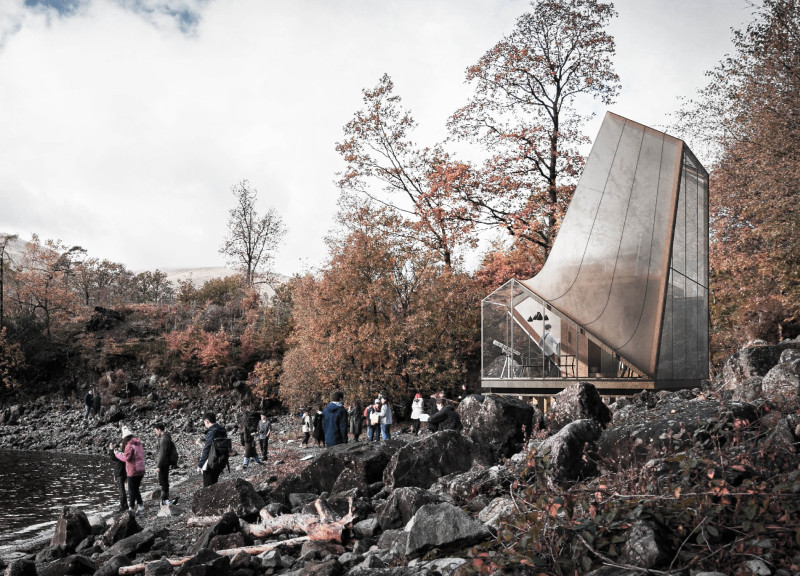5 key facts about this project
The Micro Home project situated in East Kalimantan addresses urgent housing needs due to the relocation of Indonesia's capital from Jakarta. Designed to accommodate workers involved in establishing the new capital, the project emphasizes functionality, sustainability, and adaptability. It harmonizes with the tropical landscape while offering viable living solutions for its residents.
Design Concept
The layout of the Micro Home is compact and efficient, making the most of vertical space. The first floor includes shared living areas that promote interaction among residents, while the private bedroom is located on the second floor. This arrangement balances communal living with personal privacy, responding to the diverse needs of urban residents.
Natural Ventilation
A key feature is the focus on natural ventilation, drawing inspiration from traditional Indonesian architecture. Openings are carefully positioned to enhance air flow, allowing fresh air to circulate throughout the home. This passive cooling strategy helps maintain a comfortable indoor environment while reducing the need for mechanical cooling, making it suitable for the tropical climate.
Sustainability Measures
The design incorporates off-grid features, including rainwater harvesting systems and solar panels. These elements work together to create a self-sufficient living space, promoting a responsible and sustainable lifestyle. The Micro Home meets the essential needs of its residents while aligning with environmentally friendly practices.
Materials and Construction
The structure primarily uses fiberglass and wood, materials that provide lightweight strength and durability. These choices facilitate easier transportation and assembly, reducing construction time on site. The home is elevated to adapt to the natural terrain, ensuring it fits well within the local environment without compromising functionality.
Large curtain walls are integrated into the façade, allowing abundant natural light into the interior. This design choice enhances the overall energy performance, enabling effective solar energy collection for daily use.





















































